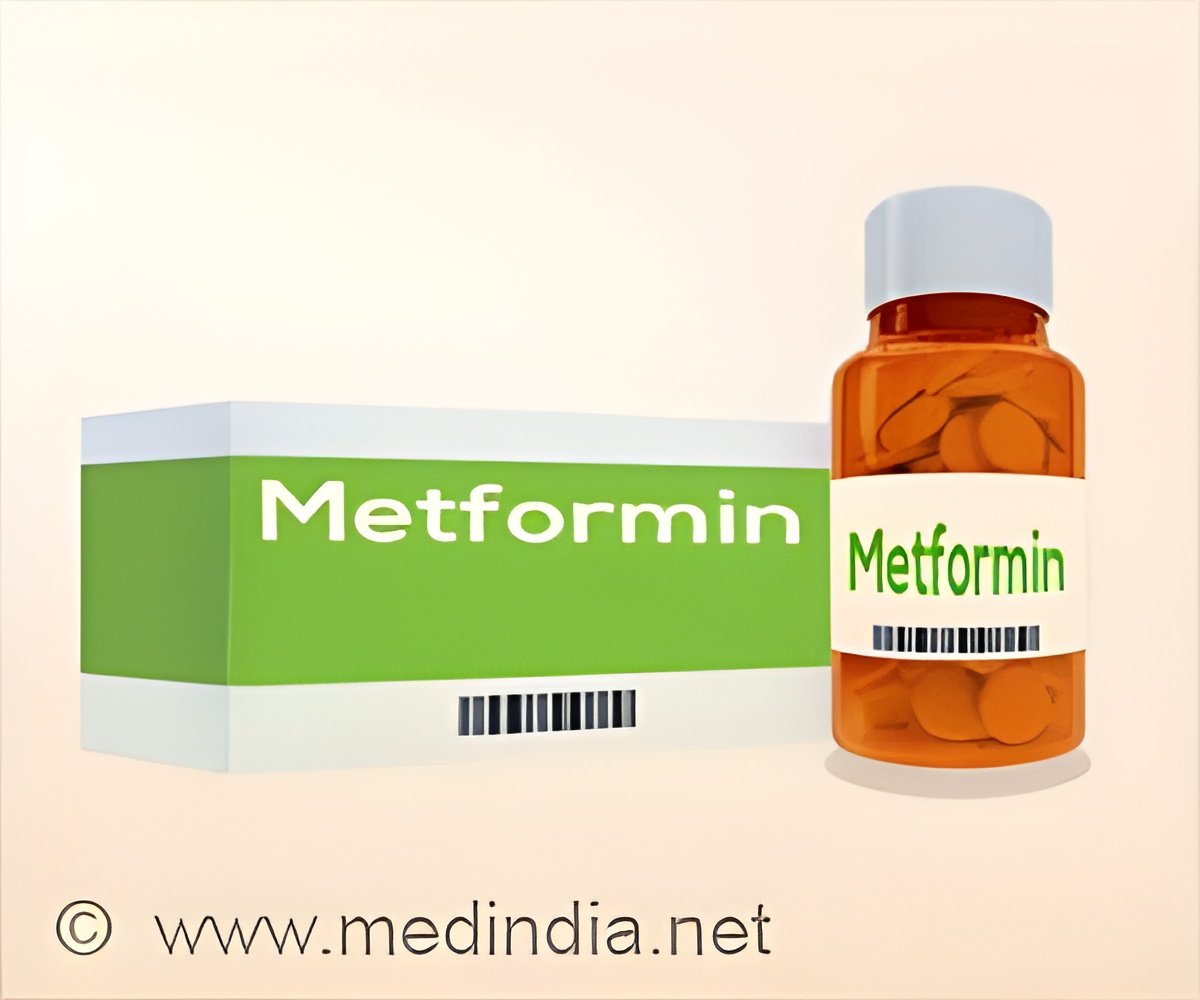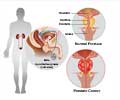The exploration for biomarkers predicting the onset of prostate cancer has predominantly centered on the nuclear genome, neglecting the mitochondrial genome.

Metformin Overcomes the Consequences of NKX3.1 Loss to Suppress Prostate Cancer Progression
Go to source). The study findings revealed metformin reinstates cancer-fighting mitochondrial activity, mitigates prostate cancer advancement in mice, and correlates with enhanced survival in individuals with low-NKX3.1 tumors, as opposed to high-NKX3.1 tumors.
‘Prostate cancer cells and tissues from humans validate that metformin operates on identical mitochondrial processes, effectively impeding further cancerous alterations. #prostatecancer #mitochondria #prostatehealth #diabetesdrug’





"Where we see metformin having the biggest impact is in patients who’ve just been diagnosed with prostate cancer,” says Alex Papachristodoulou, Ph.D., associate research scientist, who conducted the research in the lab of Cory Abate-Shen, Ph.D., chair of the Department of Molecular Pharmacology & Therapeutics. Most patients with new diagnoses of prostate cancer have low-grade tumors that are not treated and are instead monitored by active surveillance. But some of these tumors will become more aggressive and potentially life-threatening.
“Metformin could be given to patients under surveillance with high-risk tumors when there’s still time to prevent progression to advanced disease,” Abate-Shen says.
“Until this study no one understood this essential aspect of metformin and which patients could benefit,” says Columbia oncologist Mark Stein, M.D., who is helping design a clinical trial to test the idea in newly diagnosed patients but was not involved in the new study.
“The new work reinvigorates the idea of using this safe and inexpensive drug in a way that could benefit prostate cancer patients, potentially sparing them from additional treatment, and allows us to test the drug in a more focused way.”
Advertisement
Unveiling the Role of NKX3.1 Deficiency in Driving Prostate Cancer Development
Low levels of NKX3.1 have been linked with aggressive disease for years, but it was unclear why the deficiency drove cancer development. Papachristodoulou and Abate-Shen found that when prostate cells are under oxidative stress (as happens during prostate cancer development), NKX3.1 moves into the cells’ mitochrondria to reduce the stress and protect the cells. If NKX3.1 levels are low, less protection is available, and prostate cells are more likely to turn malignant.“That’s when we realized how metformin might be able help, since metformin is known to act on the mitochondria,” Papachristodoulou says.
Advertisement
“These mice mimic the progression from lower- to higher-grade prostate cancer, similar to the cancers found in men who are put on active surveillance,” Papachristodoulou says, “but with metformin, we were able to stop further progression of the cancer.”
The researchers then looked at human prostate cancer cells and tissues, confirming that metformin works on the same mitochondrial processes in people and prevents further cancerous changes.
“The work was very elegant,” says Stein. “The models they have developed to understand the disease were key to answering the question. And to find a whole new mechanism of action for a drug that’s so ubiquitous is very unusual.”
Finally, with the help of long-standing clinical collaborators James McKiernan, Renu Virk, and Mitchell Benson at Columbia, Max Loda at Cornell, and others in Europe, the researchers retrospectively examined the effect of metformin in two groups of men who had been treated for prostate cancer. (Many men in both groups took metformin for their diabetes.)
After measuring NKX3.1 levels in tissue samples from the patients, researchers found that metformin only benefitted patients with low NKX3.1 levels and mitochondrial impairment. Remarkably, among men with low NKX3.1 cancers under active surveillance, those taking metformin (three out of three) had their cancers downgraded during the surveillance period, while three out of four patients who did not take metformin had their cancers upgraded.
Papachristodoulou and Abate-Shen are now working with Stein, McKiernan, Loda, and others to set up a clinical trial to test if metformin can prevent the progression of prostate cancer in men with newly diagnosed, low-NKX3.1 tumors who are under active surveillance.
NKX3.1 levels are not typically measured in men newly diagnosed with prostate cancer, but based on the two cohorts examined, about 50% to 60% of patients may have low expressing NKX3.1 tumors.
Metformin could be particularly helpful for Black men, Papachristodoulou says, because they are more likely than white men to develop aggressive prostate cancer. “Though some of the health disparities are due to socioeconomic and health care inequities, we think there are biological factors like differences in NKX3.1 levels and mitochondria that also contribute,” Papachristodoulou says.
Along with studies to find additional biomarkers that identify patients with the greatest risk of developing aggressive prostate cancer, Papachristodoulou will continue to pursue disparities research in the Abate-Shen lab and his future independent career, with the help of a new K99/R00 grant he received last month.
“but we know that alterations in mitochondrial genes are associated with lethal prostate cancer, particularly in Black men. I’m hoping that with the new grant, I’ll be able to identify more mitochondrial-related biomarkers like NKX3.1 and we can ultimately improve survival.”
Reference:
- Metformin Overcomes the Consequences of NKX3.1 Loss to Suppress Prostate Cancer Progression - (https://www.sciencedirect.com/science/article/abs/pii/S0302283823030166?via%3Dihub)
Source-Eurekalert















